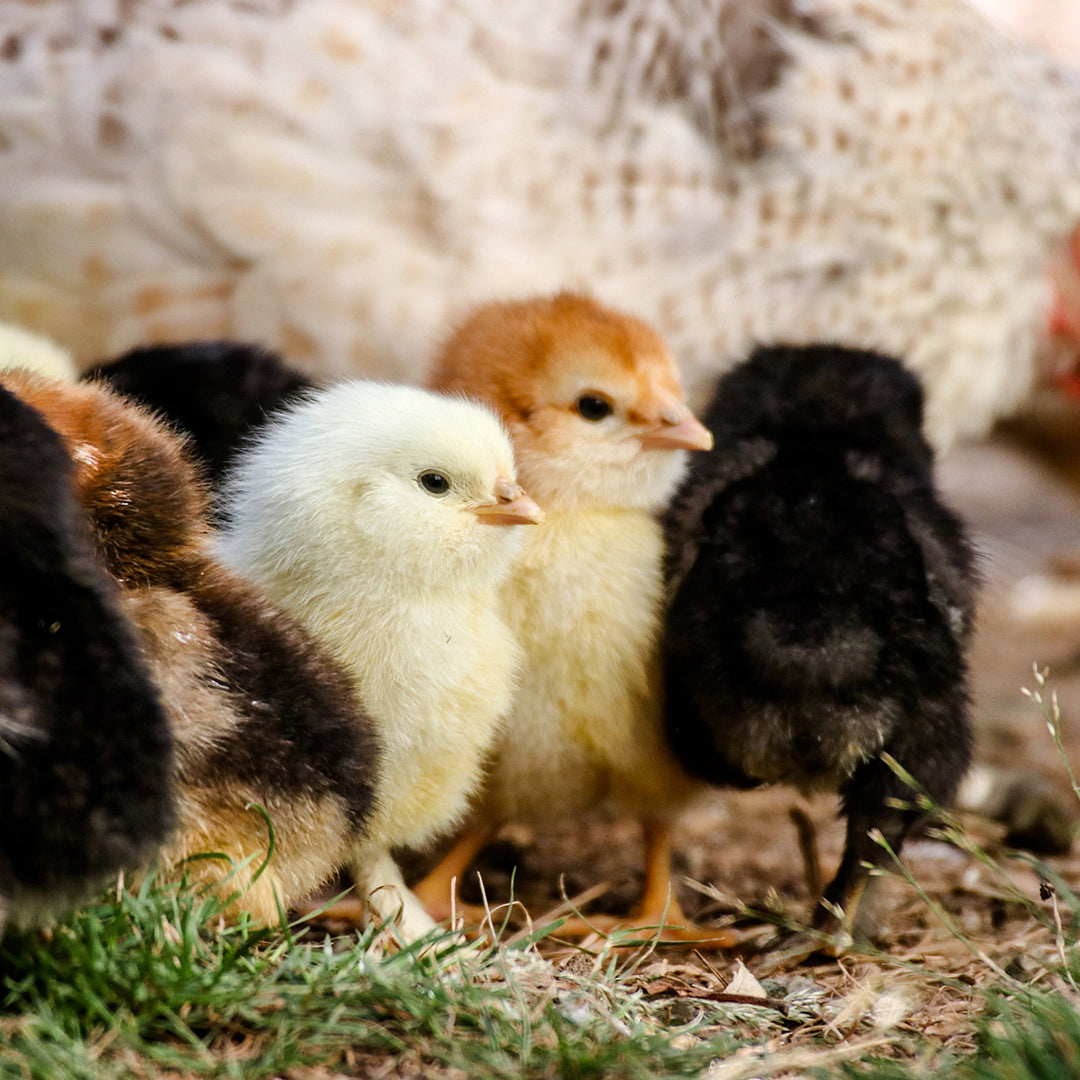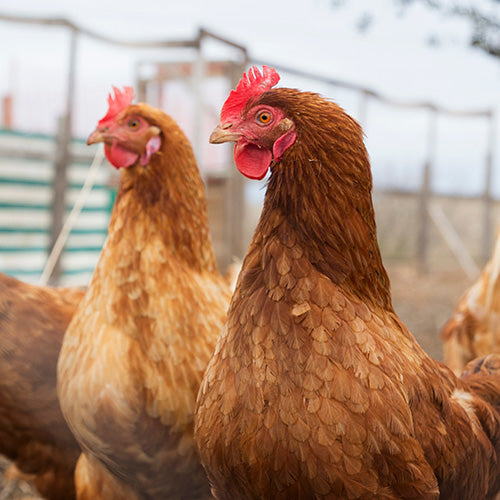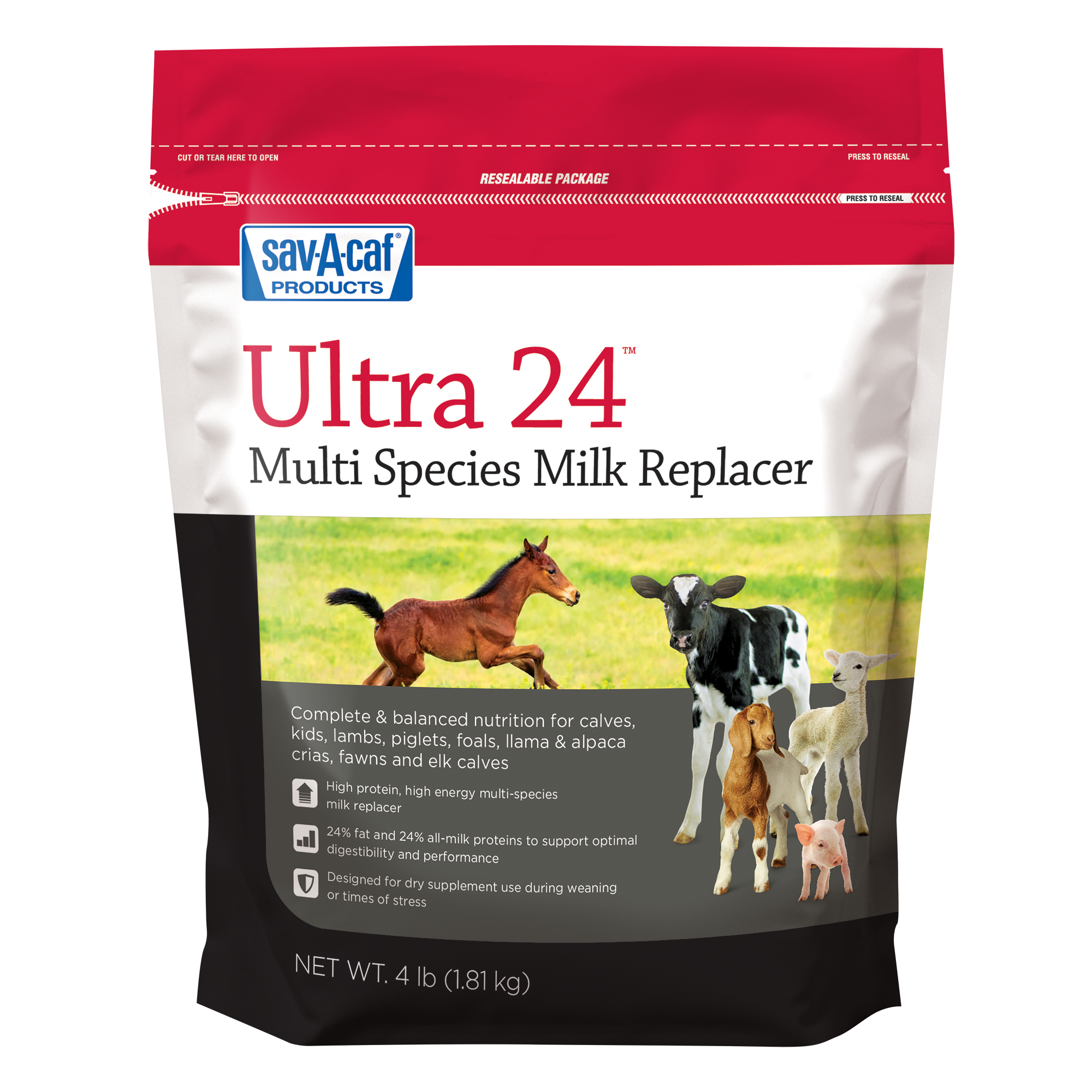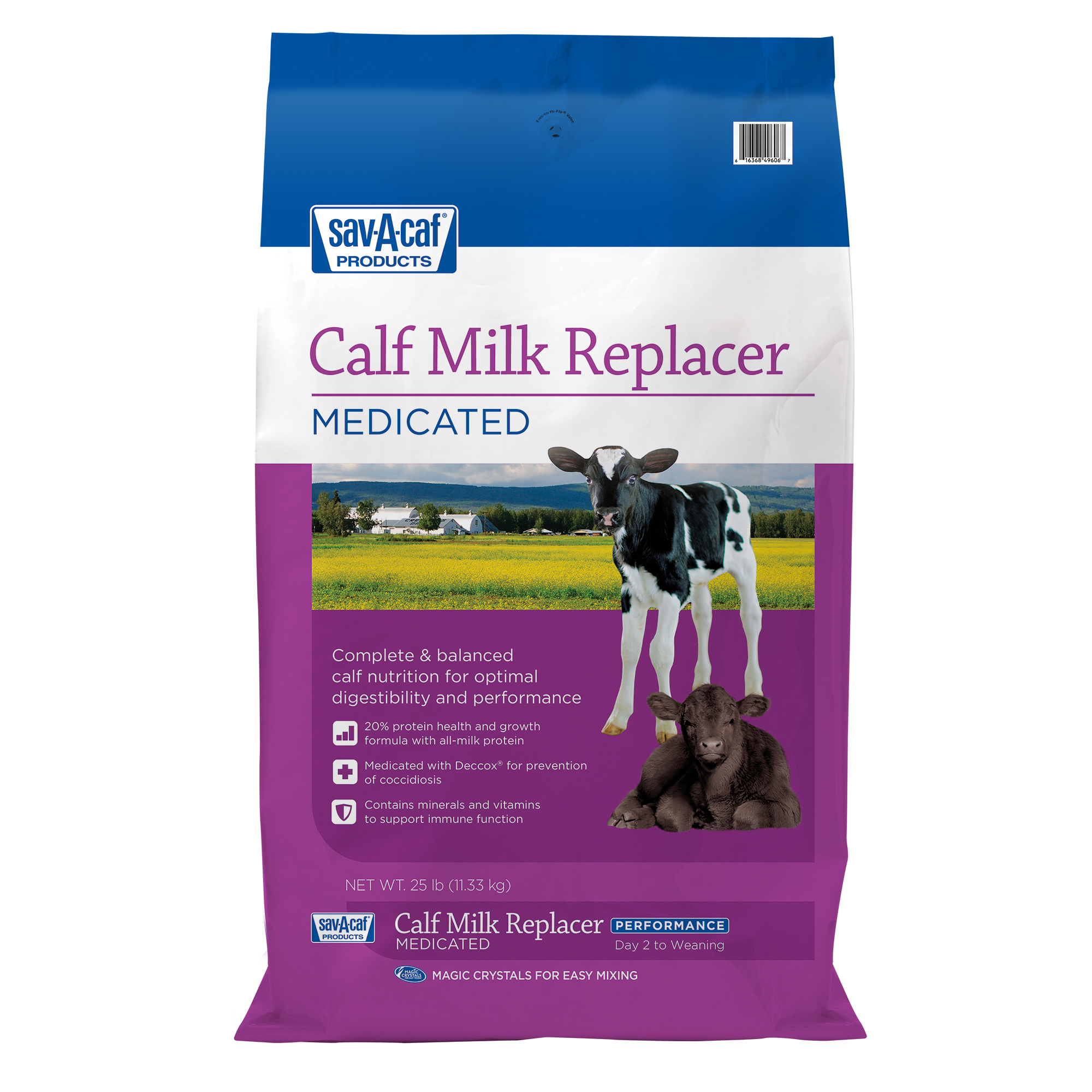
What to do if a doe rejects her kid
It’s hard to imagine how a doe could turn her back on an adorable, newborn kid – but it happens. And, if you’re reading this, you’re probably dealing with that very conundrum or preparing for the moment it could.
Typically, mother goats provide everything the kids need for a good start, including that all-important first feeding of colostrum. If the newborn doesn’t receive colostrum within the first several hours of life, their chances of survival are greatly decreased. If they do survive, they are at higher risk for digestive and/or respiratory diseases.
There are times when the doe rejects her kid or for some other reason may be unable to provide colostrum and milk. At these times, you may need to step in and help.
Know The Potential Causes
There’s not always an explanation for why a doe rejects her kids, but there are contributing factors you can be on the lookout for, including:
- First-time moms are more likely to reject their kids.
- A doe in poor health with low energy.
- A stressful kidding that weakens the doe.
- Kids born weak and unable to nurse.
- Some doe breeds tend to have poorer maternal instinct.
It is important to feed the doe adequately and maintain her health status with vaccinations and sound management throughout the pregnancy to make sure she is as a strong and healthy as possible heading into labor.
Watch For Signs Of Rejection
Monitor the doe’s behavior closely once she gives birth and be ready to intervene if she starts showing signs of rejection. A good goat mom will lick her baby right away. This is important for bonding, getting the doe used to her baby’s scent and for cleaning the baby off to help prevent hypothermia in cold temperatures. She should also be willing to stand for nursing and show protective behavior of her babies. If your doe is not showing these motherly signs, you can try to restrain her while the kid nurses the first few times.
Step In For Mom
It’s critical for newborn kids to start consuming colostrum within the first two hours of life because they have undeveloped immune systems when they’re born. They rely on the antibodies from colostrum to fight pathogens and disease until they can develop their own immune system. As soon as you recognize mom isn’t doing her job, reach for colostrum replacer and a bottle.
Sav-A-Kid® colostrum replacer is formulated to provide the critical nutrients needed for a strong start. Since it’s not always easy to predict how a mother will react to her kid, we always recommend having this on hand as you head into kidding season to make sure you have a reliable backup plan. The easy-to-use powder mixes easily with warm water and can be fed using a clean bottle.
Encourage Bonding
It’s a good idea to get the doe checked by a veterinarian to make sure there’s no medical reasons for her rejection. Once you’ve covered the time-sensitive steps for mom and ruled out any health-related causes, see if you can get them to bond. For example, you can try separating the pair from the rest of the herd and penning them together so they can get used to each other. Some goat raisers also have luck putting the doe in her milking stand and distracting her with feed to allow the baby to nurse.
Provide Long-Term Care
If your doe never adjusts, you’ll have to take over feeding duties full time. You’ll want to feed 2 ounces of colostrum replacer powder per 4 pounds of body weight. Plan to split the mixed solution into two or three feedings over the first 24 hours of life. After that, you can switch over to Sav-A-Kid Milk Replacer. This all-milk protein formula with a blend of vitamins, minerals and organic selenium will give your young ones the strong start they deserve.
It's not easy watching your doe struggle with the adjustment to motherhood, but it’s rewarding when you can fill in for her and get her baby started strong. If you have a pregnant doe, make sure you have colostrum and milk replacer on hand prior to the kid’s arrival so you can act quickly if your nannying skills are needed after birth. Then, as you care for the pair in the following weeks, use this guide to goat care after kidding to make sure they stay healthy and happy.
Find Solutions for Your Animals
-

Whether housed in a coop or free ranging on your farm, your birds are exposed to multiple threats every day that could cause illness or impact their well-being. Now there’s a way to be more proactive with regular support for...
-

You’ve raised your chicks to adulthood and now they’re fully feathered hens. Way to go! Now, you get to enjoy their eggs and companionship for years to come. To maximize their life, support their production potential and kee...





